Hegel-Studien / Hegel-Studien Band 48 —— 2015
----- 黑格尔研究 第48卷
Abstracts Pirmin Stekeler-Weithofer: Autonome Vernunft und Normbefolgung des Verstandes Wie Hegel eine Unterscheidung Kants präzisiert H.s central criticism of Kant's philosophy urges us to separate the level of understanding or rationality ("Verstand") from the level of (speculative) reason ("Vernunft"). The first is a faculty to follow explicit rules properly and to comply with implicitly given norms, the second is active autonomy in developing the rules and norms. This claim might be astounding since Kant himself seems to have stressed the distinction. But it was H. who has drawn the necessary consequences, for example that it is logically impossible to determine laws autonomously for oneself because we need a frame of a we-group or community and a communal practice or institution for the very possibility of having well-determined rules at all. The conceptual relation between norms of proper conduct and forms of cooperation shows up paradigmatically in the fact that I can sing in a choir correctly only together with others. Moreover, only after I can show that I can participate and judge the fulfilment of the norms, my proposals to change such forms of action and practices will count in a community. This holds as well for any attempt to make rules explicit by articulating implicit norms that already govern our (cooperative) actions implicitly – which is a prerequisite for conscious changes of general laws that presuppose at least some forms of comments on pregiven norms. All this holds for the dimensions of the (epistemic) True in diverse areas of judgements and inference as well as for dimensions of the (legal or moral) Good, in evaluating actions or for (aesthetic) Beauty and the corresponding attitudes and reactions.
{{comment.content}}
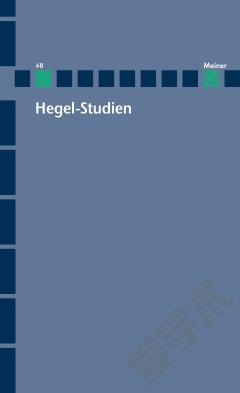
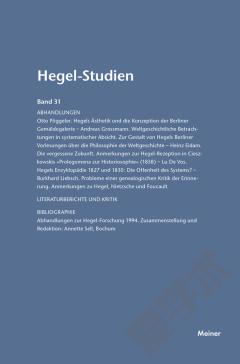
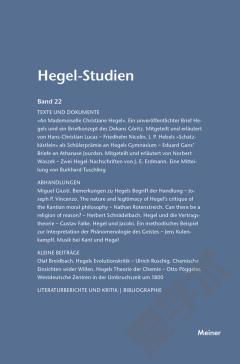
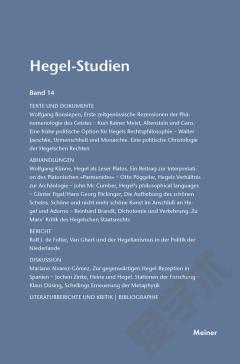
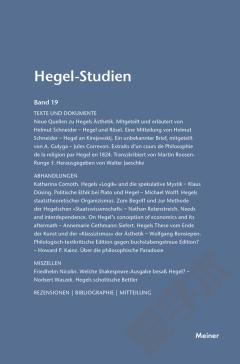
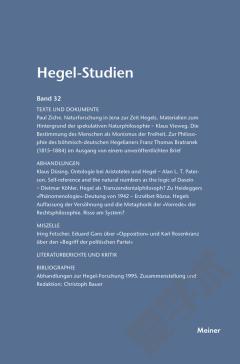
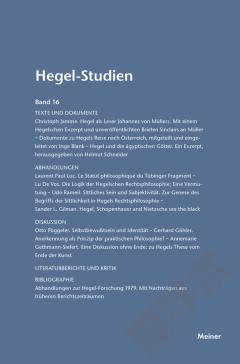

 京公网安备 11010802027623号
京公网安备 11010802027623号